
Sister Loraine Marie Maguire – During his September trip to the US, Pope Francis met with Sr. Maguire of the Little Sisters of the Poor
The Little Sisters of the Poor, an order of Catholic nuns who care for the indigent elderly, urged the Supreme Court on January 4, 2016, to protect them from $70 million in government fines for refusing to violate their Catholic faith.
This is the second time the Sisters, under the leadership of Mother Provincial Loraine Marie Maguire, have been forced to ask the Supreme Court for protection from the US government’s efforts to force them to provide contraceptives to their employees. The Supreme Court gave the Sisters protection in January 2014, and it will hear their case in March.
The order funds its ministry exclusively by “begging” donations, and eschews all forms of guaranteed income, according to the wishes of its 19th century founder, St. Jeanne Jugan, to rely completely on Providence to supply its needs.
“As Little Sisters of the Poor, we offer the neediest elderly of every race and religion a home where they are welcomed as Christ,” Sr. Maguire said. “We perform this loving ministry because of our faith and cannot possibly choose between our care for the elderly poor and our faith, and we shouldn’t have to.
“All we ask is that our rights not be taken away. The government exempts large corporations, small businesses, and other religious ministries from what they are imposing on us — we just want to keep serving the elderly poor as we have always done for 175 years. We look forward to the Supreme Court hearing our case, and pray for God’s protection of our ministry.”
The Notre Dame Center for Ethics and Culture at Notre Dame University has announced it will award Sr. Maguire and the Little Sisters of the Poor its 2016 Evangelium Vitae Medal for their “inspiring efforts to build a Culture of Life,” in the words of Notre Dame president John Jenkins, C.S.C.
Pope Francis made an unscheduled visit to the Little Sisters in the Washington, D.C., area during his U.S. trip in September. Fr. Federico Lombardi, Vatican spokesman, said of the visit that “this is a sign, obviously, of support for them” in their court case.
It was a “little addition to the program, but I think it has an important meaning,” Fr. Lombardi said, adding that the visit was “connected” to “the words that the Pope has said in support of the position of the bishops of the United States…” While in the U.S., Pope Francis called religious freedom “one of America’s most precious possessions.”
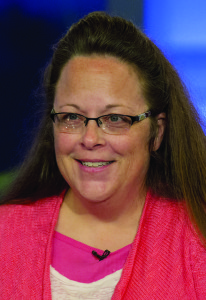
Kim Davis – During his September trip to the US, Pope Francis met with Kim Davis, a Kentucky clerk
Pope Francis also briefly received another figure of dissent who has fallen afoul of the government over its anti-Christian imperatives: Kim Davis, 50, the Kentucky county clerk who was jailed for five days for refusing to affix her name to same-sex “marriage” licenses.
Davis, a member of the Oneness Pentecostal Christian denomination, has said she only wishes to do the job she was elected to do without violating her conscience on a matter of both natural law and God’s explicit words in Scripture.
But, she has said, “To issue a marriage license which conflicts with God’s definition of marriage, with my name affixed to the certificate, would violate my conscience.”
Despite excoriation in the media for her imputed “bigotry” against homosexuals, Davis has been willing to accept her imprisonment and public vilification as purposeful: “One person can make a difference. If one person is willing to step out… and exercise their faith, one person can make a difference.”
Mrs. Davis and her husband, Joe, met with Pope Francis briefly in a private meeting, also in Washington, D.C., at which the Pope gave them two rosaries and urged Mrs. Davis to “stay strong.”
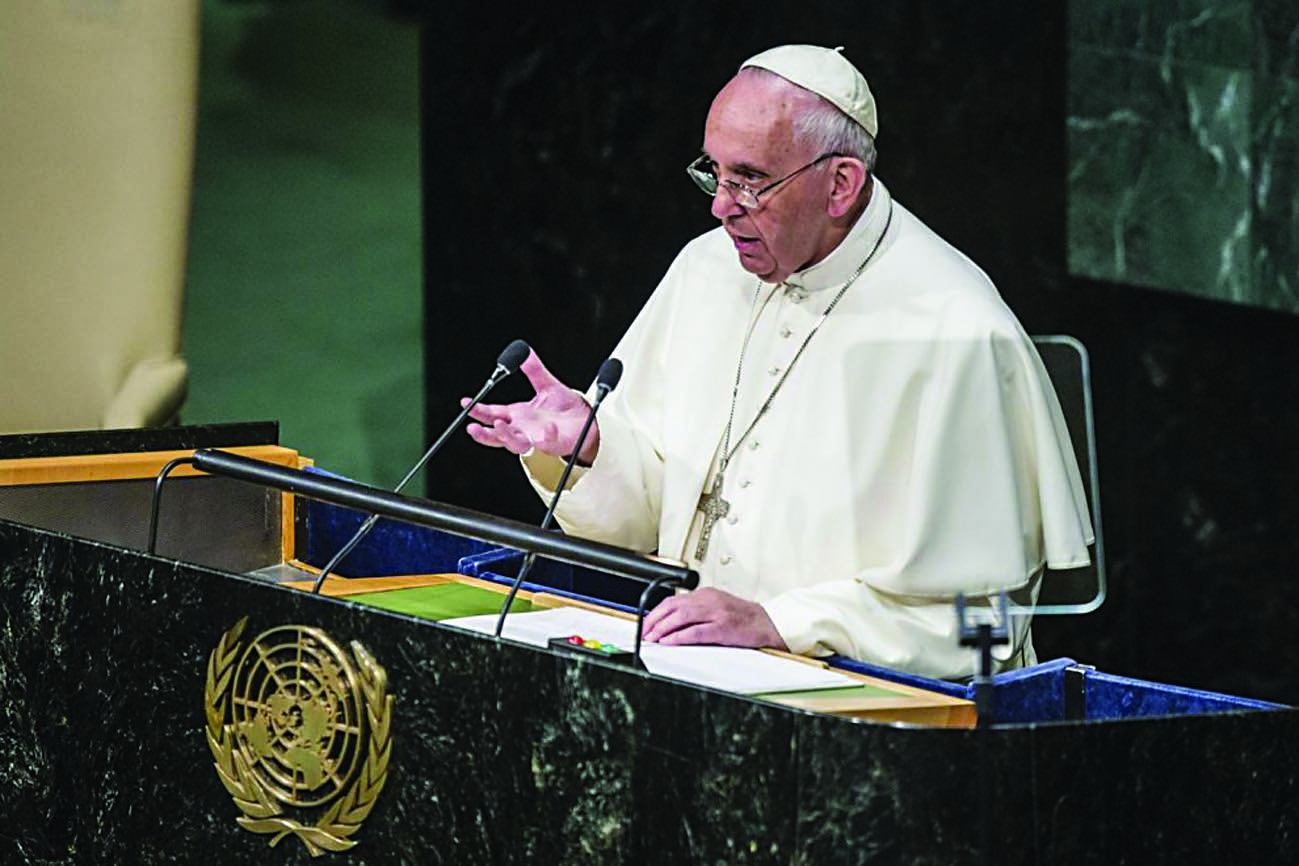
Pope Francis speaking to the United Nations in New York during his September 2015 trip to the United States
Though Fr. Lombardi subsequently cautioned journalists not to read into the Pope’s meeting with Mrs. Davis a blanket approval for every detailed aspect of her case, the Pope was questioned, in his inflight press conference after his U.S. visit, specifically about government officials like Mrs. Davis.
Terry Moran of ABC News, after referencing the Little Sisters of the Poor, asked Pope Francis if he supported “claims of religious liberty” such as those by “individuals, including government officials, who say they cannot in good conscience” abide by laws or discharge duties like “issuing marriage licenses to same-sex couples.”
Pope Francis answered, “It is a human right, and if a government official is a human person, he has that right.”

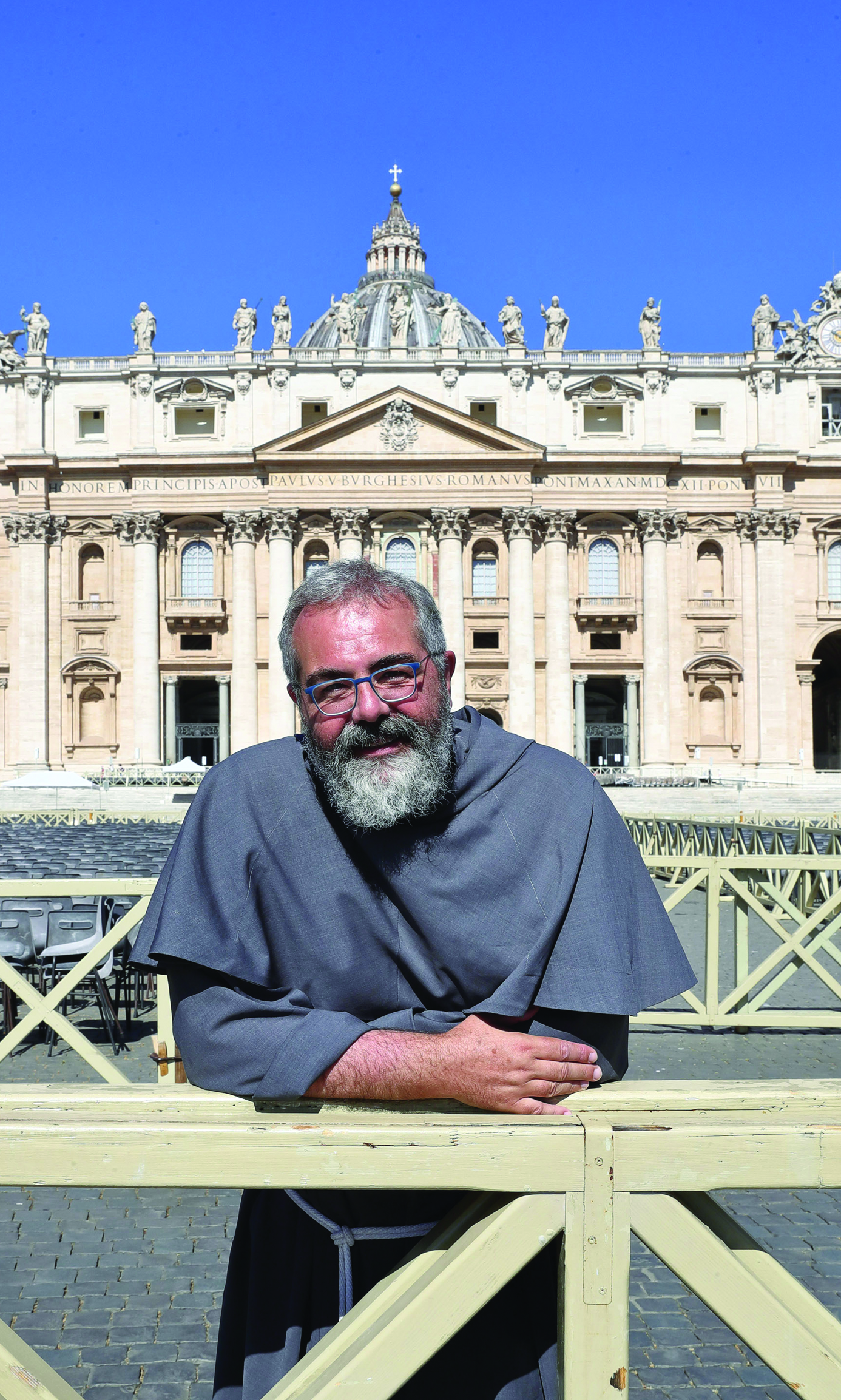


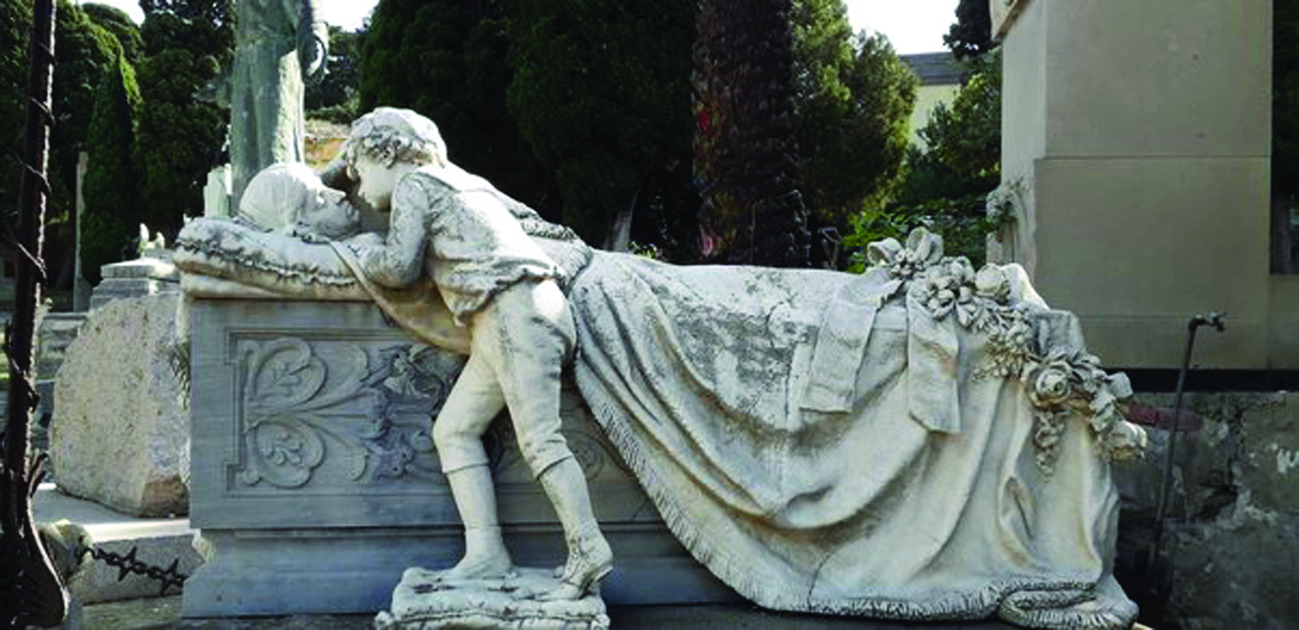
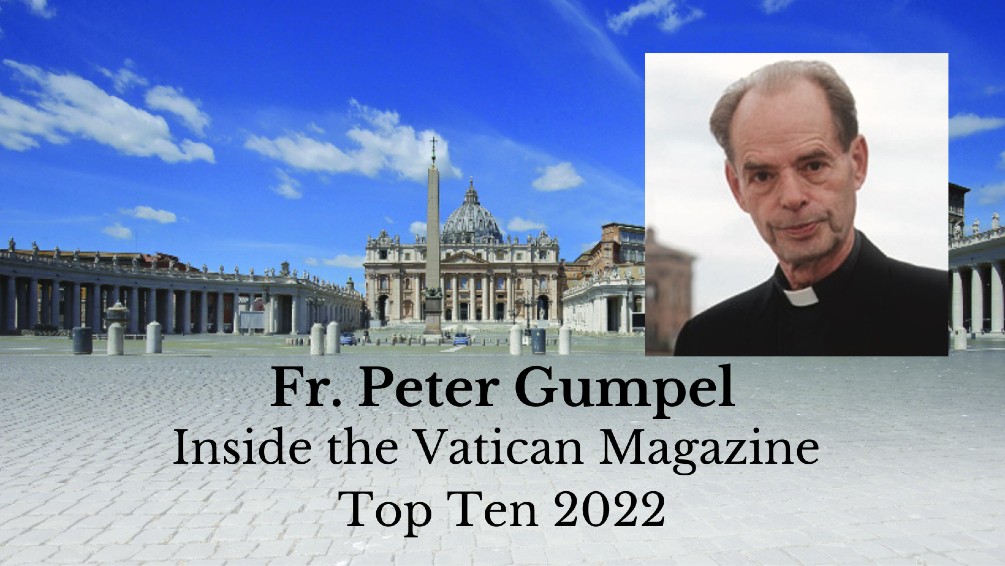
Facebook Comments